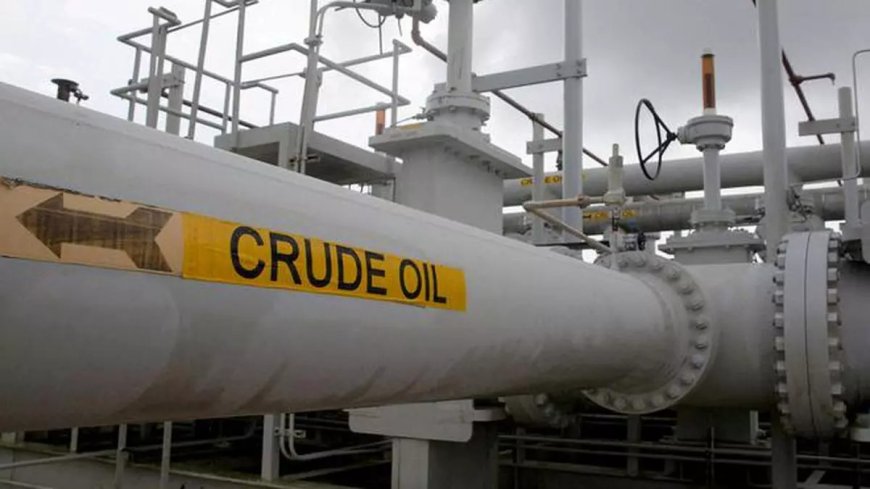Saudi Arabia's Crude Oil Exports Dip Amid OPEC Production Cuts
In August, Saudi Arabia's crude oil exports fell as it led OPEC's efforts to stabilize oil prices. Learn how these production cuts are impacting global markets.

Saudi Arabia, the driving force behind the OPEC+ coalition, has witnessed a substantial drop in crude oil exports for the month of August. Data analysis conducted by our team shows a stark decline in observed crude oil flows from the kingdom, hitting approximately 5.6 million barrels per day. This figure marks the lowest export level since March 2021, following a revised export volume of 6.3 million barrels per day in July. The ripple effect of this decision is noticeable in diminished shipments to major markets, including China and the United States, where exports have dwindled to levels not seen in years.
The Organization of Petroleum Exporting Countries (OPEC) and its strategic partners, led by Russia, have jointly taken action to limit oil supply in an effort to stabilize the oil market. This comes at a time when there are concerning signals of sluggish demand from China, a significant player in the global oil consumption landscape. As part of this concerted effort, Saudi Arabia has announced a unilateral production cut of an additional 1 million barrels per day, supplementing the existing production restrictions.
As of this report, Saudi authorities have yet to respond to inquiries regarding the August oil export figures. It's important to note that Fridays are typically the start of the weekend in Saudi Arabia, and official responses may be pending. Our preliminary data aligns closely with the findings from reputable analytics firms such as Vortexa Ltd. and Kpler.
Exports to China, a key market for Saudi oil, have dwindled to approximately 1.3 million barrels per day. This figure marks the lowest export level since June 2020, a period characterized by the early stages of the global pandemic when oil demand experienced a sharp downturn. Additionally, Saudi Arabia's exports to Japan and South Korea in August reached their lowest points since Bloomberg initiated tracking these statistics in 2017.
The impact of these production cuts is not limited to one direction. Shipments to the west, including those to the United States, have experienced a notable decline. Observations reveal that oil cargoes destined for the U.S. market amounted to just 81,000 barrels per day, marking the smallest volume recorded in at least six years.
It is important to acknowledge that the dynamics of these numbers may shift in the near future. Approximately 24 million barrels of Saudi crude, loaded last month, have yet to disclose their final destinations. Consequently, the export figures for specific countries, particularly those involving long-haul shipments, are poised for changes in the coming weeks.
Saudi Arabia is not the sole Middle Eastern energy heavyweight to implement reductions in oil flows for the month of August. Kuwait, the fifth-largest producer within the OPEC alliance, experienced a drop in shipments to approximately 1.5 million barrels per day. This export level represents the lowest since late 2016. Notably, shipments to China, the largest purchaser of Kuwaiti oil, recorded a significant decline of around 45%.
This move by Saudi Arabia and its counterparts reflects their commitment to balancing global oil supply and stabilizing prices amid evolving market dynamics. As the situation continues to unfold, industry experts will closely monitor the impact of these production cuts on the oil market and the global economy.
Also Read: Oil Prices Drop Again Due to More Oil and China's Economic Problems

































































